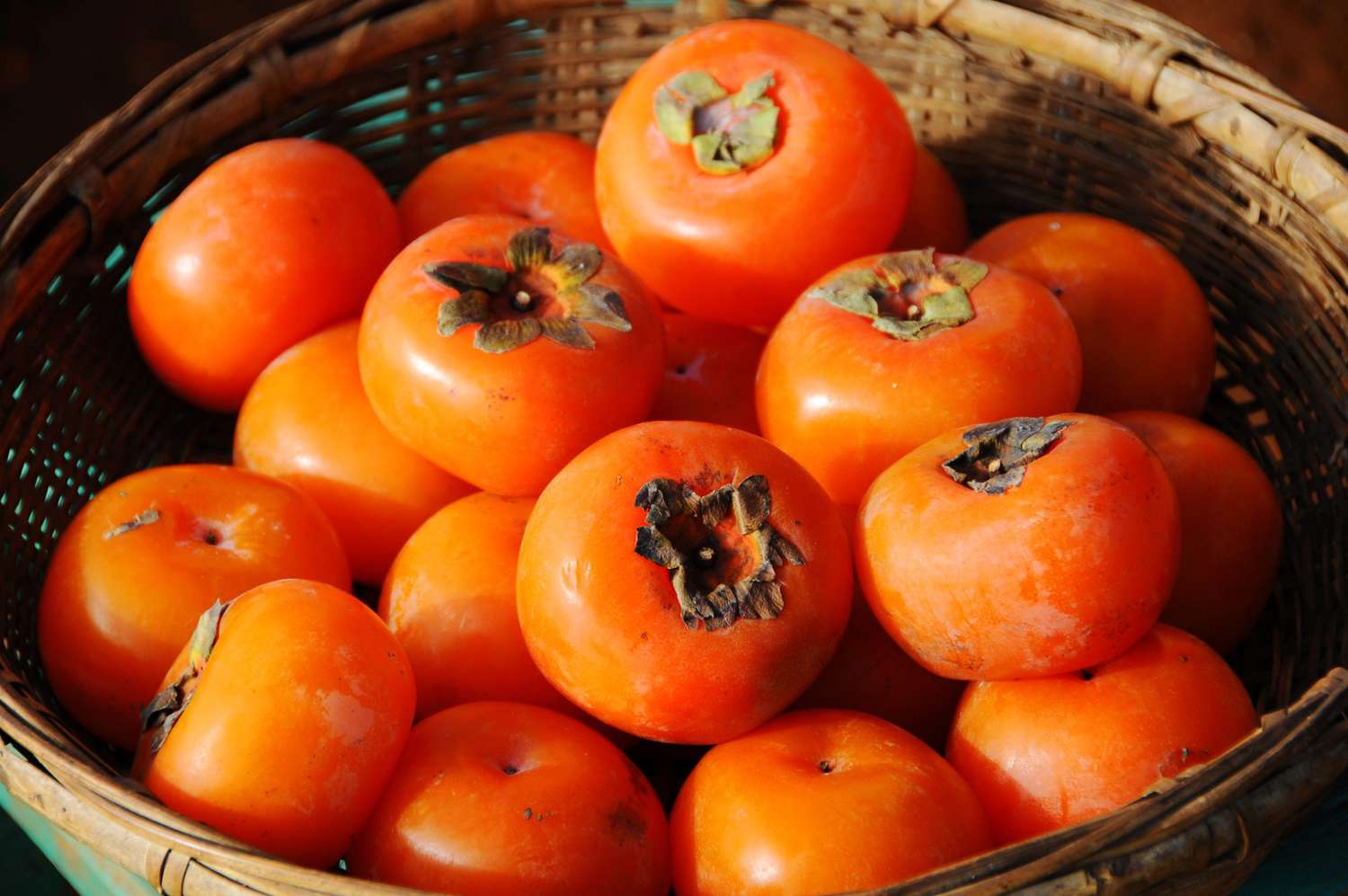Have you ever bitten into a ripe persimmon only to be met with an unexpected sensation of dryness in your mouth? This curious phenomenon has intrigued many, leading to questions about the fruit's unique properties. Persimmons, often celebrated for their sweetness and vibrant color, are not without their quirks. They can, at times, leave a rather unpleasant dryness in the mouth, making one wonder about the underlying reasons for this experience. In this article, we will delve into the science behind why persimmons make your mouth dry, exploring the compounds present in the fruit and their effects on our oral sensations. By understanding these mechanisms, we can appreciate persimmons not only for their taste but also for their intriguing interactions with our bodies.
The sensation of dryness after consuming persimmons can vary from person to person, with some experiencing it more intensely than others. This variability can be attributed to individual differences in taste perception and sensitivity to certain compounds found in the fruit. Understanding these nuances is essential for anyone looking to enjoy persimmons without the unpleasant aftermath. So, what exactly is happening in our mouths when we eat this delightful fruit?
In the following sections, we will answer common questions surrounding persimmons and their mouth-drying effects. From the chemical composition of the fruit to its historical significance, we aim to provide a comprehensive overview of why do persimmons make your mouth dry. Join us on this journey as we uncover the secrets behind this fascinating fruit!
What are the main components of persimmons?
Persimmons are rich in various nutrients and compounds that contribute to their unique flavor profile and texture. Some of the key components include:
- Vitamins A, C, and E
- Dietary fiber
- Antioxidants such as flavonoids and carotenoids
- Minerals including potassium and manganese
While these nutrients provide numerous health benefits, they do not directly cause the mouth-drying effect. Instead, it is the presence of certain tannins in persimmons that plays a crucial role.
Why do persimmons contain tannins?
Tannins are naturally occurring polyphenolic compounds found in various fruits, plants, and teas. In persimmons, they serve a protective function. They help deter herbivores and pests from consuming the fruit, ensuring the plant's survival and reproduction. However, tannins have astringent properties, which can lead to that dry feeling in the mouth.
How do tannins affect our taste perception?
The astringency caused by tannins can create a sensation of dryness or puckering in the mouth. This effect is often compared to that of strong black tea or red wine, which also contains tannins. When we consume persimmons, the tannins bind to proteins in our saliva and oral tissues, leading to a reduction in saliva production. This results in the unpleasant sensation of dryness.
Are all persimmons the same when it comes to mouth dryness?
No, not all persimmons exhibit the same level of tannins. There are two main types of persimmons: astringent and non-astringent. Astringent persimmons, such as the Hachiya variety, contain higher levels of tannins and should be fully ripe before consumption to avoid excessive dryness. Non-astringent varieties, like Fuyu, can be eaten when firm and are generally less likely to cause mouth dryness.
Can you minimize the mouth-drying effect of persimmons?
Yes, there are several strategies you can employ to enjoy persimmons without the discomfort of dryness:
- Choose non-astringent varieties if you're sensitive to dryness.
- Allow astringent persimmons to ripen fully before eating, as this reduces tannin levels.
- Pair persimmons with foods that can help counteract the dryness, such as yogurt or cheese.
- Stay hydrated and drink water after consuming persimmons to alleviate dryness.
What are the health benefits of persimmons?
Despite their tendency to cause dryness, persimmons offer a range of health benefits. Some of these include:
- Rich in antioxidants that help combat oxidative stress
- High fiber content aids digestion
- Vitamins and minerals support overall health
- May help lower cholesterol levels and improve heart health
Are there any cultural significances associated with persimmons?
Persimmons hold cultural significance in various regions around the world. In Asian cultures, particularly in Japan and Korea, persimmons are celebrated for their symbolism of good luck and prosperity. They are often used in traditional dishes, desserts, and even in art. Understanding these cultural contexts can enhance our appreciation of this unique fruit.
Conclusion: Embracing the Unique Experience of Persimmons
In conclusion, the question of why do persimmons make your mouth dry can be attributed primarily to the presence of tannins in the fruit. While this may deter some from enjoying persimmons, understanding the factors at play allows us to appreciate these fruits for their flavor, nutritional benefits, and cultural significance. Whether you choose to indulge in the astringent varieties or opt for their sweeter counterparts, persimmons remain a delightful and intriguing fruit worth exploring.
You Might Also Like
Discovering Olivia From The Cosby Show: A Character That Captured HeartsUnveiling The Enchantment Of Eureka Springs AR Hobbit Caves
Discovering The World Of Good Makeup Games
Unraveling The Mystique Of Master Kim In Cobra Kai
Understanding The Significance Of The 100 Dollar Bill With Blue Line
Article Recommendations
- Aliyah Marie Leaks
- Chris Heisser
- Charlie Austin Cryer
- Matt Berry Partner
- Emma Watson Naked
- Dd Blanchard Photos
- Alaina_elliss Leaked
- Simon Cowell Son Disabled
- Tenoch Huerta Wife
- Chauncy Glover Partner


![What Do Persimmons Taste Like? [Definitive Guide] Medmunch](https://i2.wp.com/medmunch.com/wp-content/uploads/2020/08/Persimmon-4.jpg)